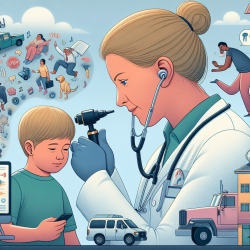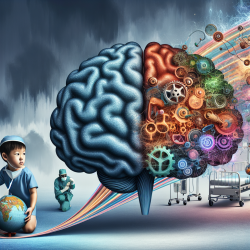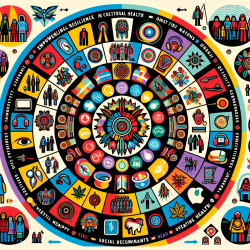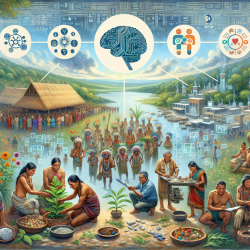The integration of artificial intelligence (AI) into healthcare is not just a technological advancement; it's a paradigm shift that offers immense opportunities for the nursing profession. According to the research article "Artificial intelligence in nursing: Priorities and opportunities from an international invitational think-tank of the Nursing and Artificial Intelligence Leadership Collaborative," there are several key areas where nurses can lead and innovate.
The Role of Nurses in AI Integration
Nurses are at the forefront of patient care, making them pivotal in the successful implementation of AI technologies. The research identifies three primary areas where nurses can enhance their skills and contribute significantly:
- Understanding Data and AI Technologies: Nurses must comprehend how the data they collect is utilized by AI systems. This understanding ensures that data is accurate and relevant, enhancing patient outcomes through more precise AI-driven insights.
- Involvement in AI Development: From conception to deployment, nurses should be actively involved in all stages of AI technology development. Their practical insights can guide more user-friendly and effective solutions tailored to real-world healthcare settings.
- Global Health Contributions: There is a vast, untapped potential for nurses to contribute to global health initiatives through AI. By leveraging their expertise, nurses can help develop technologies that address worldwide health challenges and humanitarian efforts.
Opportunities for Further Research
The article highlights the need for ongoing research and development to fully realize the benefits of AI in nursing. Practitioners are encouraged to engage with interdisciplinary teams to explore innovative solutions that address current gaps in healthcare delivery. This collaborative approach can lead to breakthroughs that not only improve patient care but also enhance the efficiency and effectiveness of healthcare systems globally.
Encouraging Practitioner Engagement
Nurses should seek out professional development opportunities that focus on AI and digital health technologies. Attending conferences, participating in webinars, and engaging with publications on these topics will equip them with the knowledge needed to become leaders in this evolving field.
Furthermore, networking with peers across disciplines can provide valuable insights and foster collaborations that drive innovation. By staying informed and connected, nurses can ensure they are at the forefront of technological advancements in healthcare.
Conclusion
The integration of AI into nursing practice is not just an opportunity but a necessity for the future of healthcare. By focusing on understanding data, participating in technology development, and contributing to global health efforts, nurses can play a crucial role in shaping the future of healthcare systems worldwide.
To read the original research paper, please follow this link: Artificial intelligence in nursing: Priorities and opportunities from an international invitational think-tank of the Nursing and Artificial Intelligence Leadership Collaborative.










